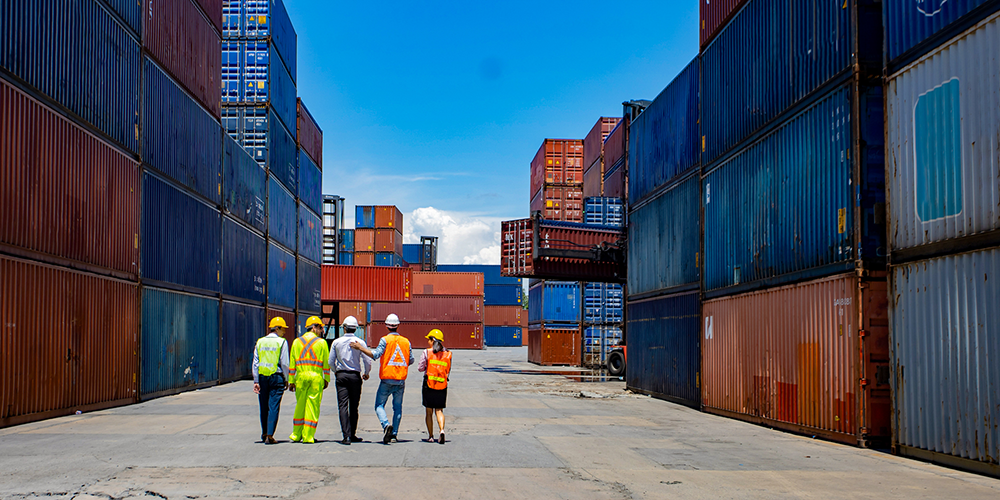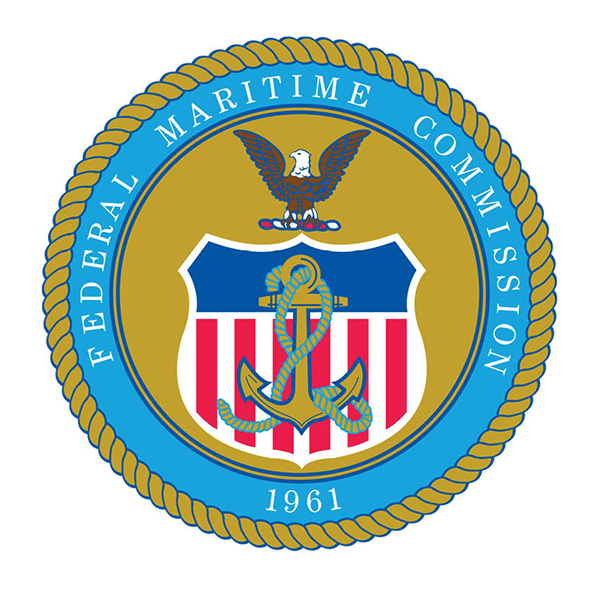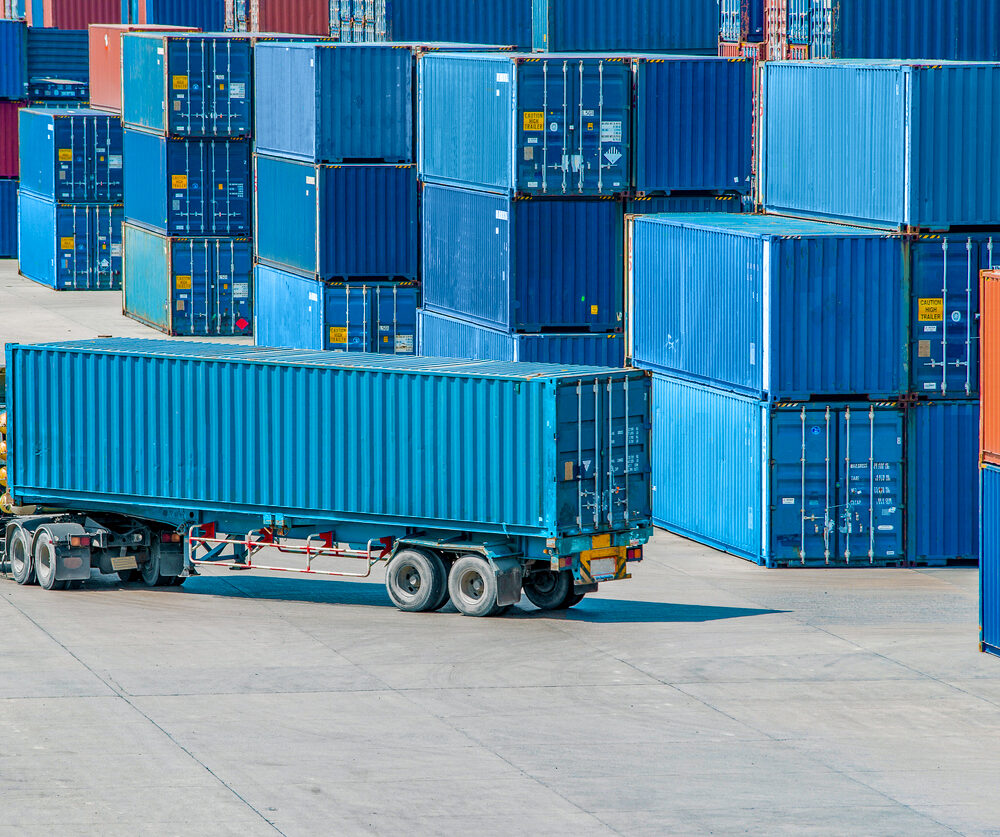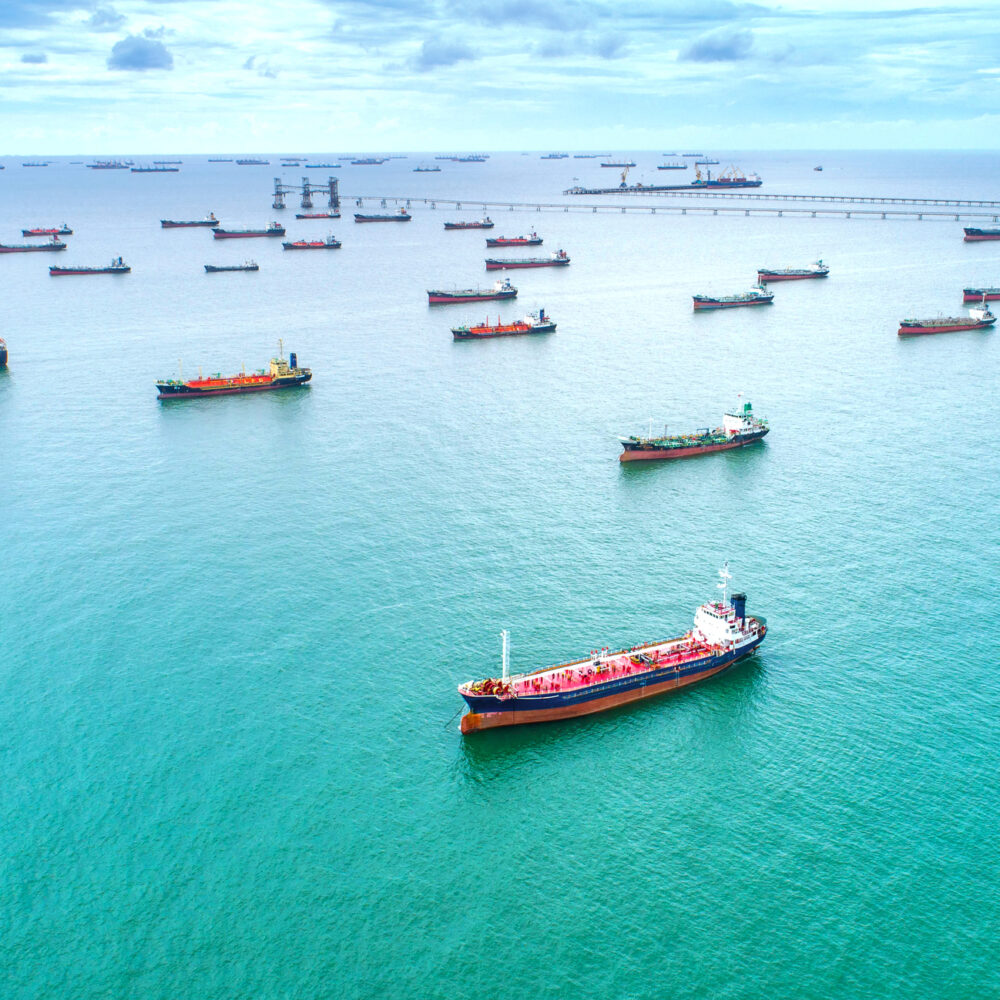Global businesses across different sectors reported failures of their Windows PCs, caused by a failed software update from antivirus company CrowdStrike.
Many major airlines grounded their flights, and the IT failure impacted everything from port authorities to train systems. Several ocean carriers said they have been “severely” affected by the issue too.










